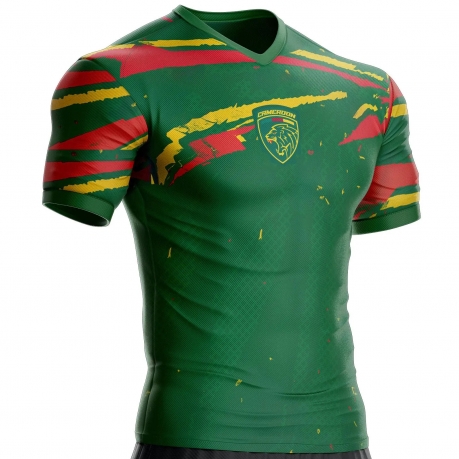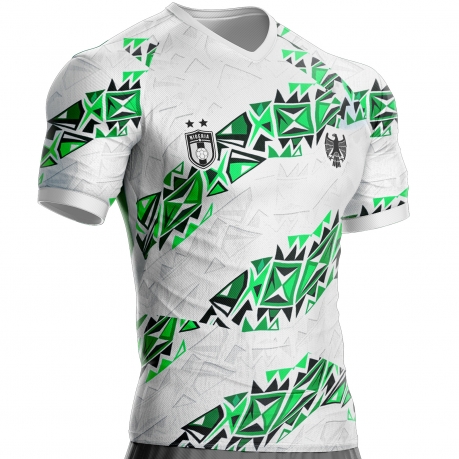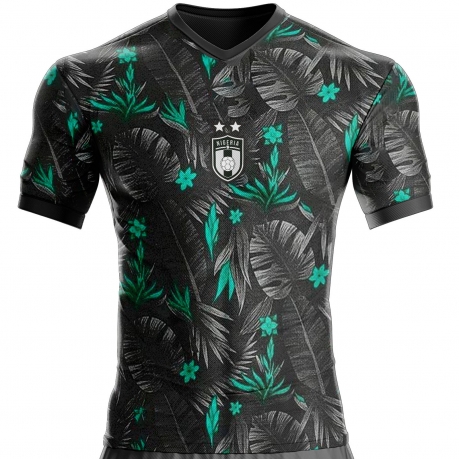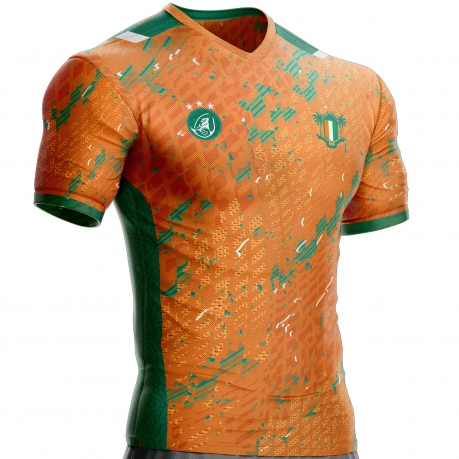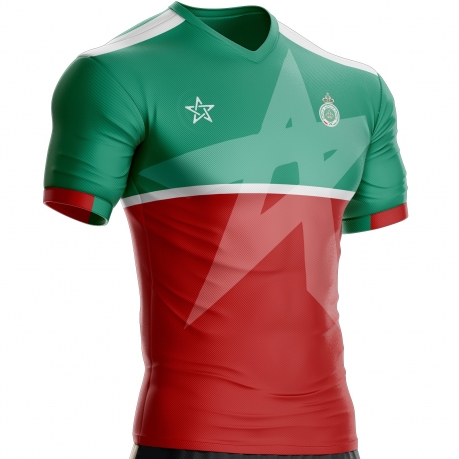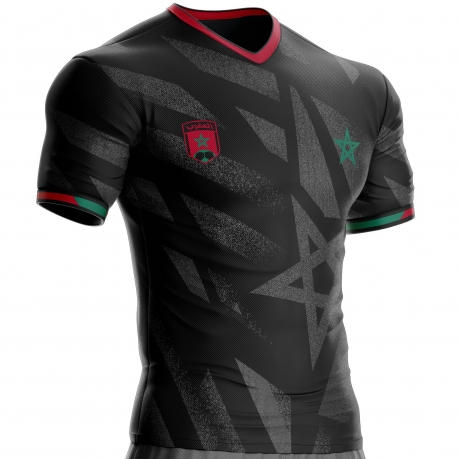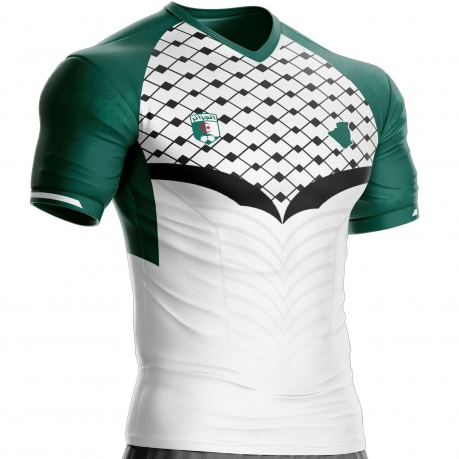The finalists and winners of the CAN African Cup until today

The CAN, a flame that lights up Africa
Every two years, the African continent vibrates to the rhythm of a common passion: the African Cup of Nations (CAN). Created in 1957, this biennial competition brings together the best teams on the continent in a thrilling tournament that crowns the king of African football.
More than a simple sporting competition, the CAN is a real social and cultural phenomenon. It transcends borders and brings together the people of Africa around the same passion: football. From flamboyant stadiums to the most remote villages, the CAN breathes a breath of unity and pride throughout the continent.
A rich heritage and a glorious history
The first edition of the CAN, in 1957, saw the victory of Egypt, the organizing country. Since then, 33 editions have taken place, crowning 15 different nations. Egypt, Cameroon, Ghana and Nigeria dominate the list, with an impressive number of titles.
The CAN was the scene of unforgettable moments, extraordinary technical gestures and spectacular goals. Legends of African football, such as Samuel Eto'o, Didier Drogba and Abedi Pelé, have left their mark on the history of the competition.
A springboard to international success
The CAN also served as a springboard for many African players towards international glory. Stars like George Weah, Roger Milla and Mohamed Salah shone on the continental scene before conquering the world of football.
The CAN, a symbol of hope and the future
The African Cup of Nations is much more than just a sporting competition. She is a symbol of hope and future for the African continent. It represents the dream of millions of young footballers who aspire to one day set foot on the pitches of the CAN and defend the colors of their nation.
With the next AFCON fast approaching, excitement is skyrocketing. The entire continent is preparing to vibrate to the rhythm of this unique competition, which promises moments of intense emotion and unforgettable spectacle.
It is in this spirit that we invite you to delve into the fascinating history of the CAN, to discover its finalists, its winners and its legends.
I. The CAN prize list: A story of glory and emotions
A chronological table
Here is a summary table of the editions of the CAN, retracing the host countries, the winners and the unfortunate finalists:
drive_spreadsheetExport to Sheets
Masters of the continent
By analyzing the rankings, four nations stand out as the masters of African football:
-
Egypt :7 titles (1957, 1959, 1962, 1986, 1998, 2006, 2010)
-
Cameroon:5 titles (1984, 1988, 2000, 2002, 2017)
-
Ghana:4 titles (1963, 1965, 1978, 1982)
-
Nigeria:3 titles (1980, 1994, 2013)
Editions engraved in memory
Certain editions of the CAN have marked the history of the competition with their intensity, their surprises and their unforgettable moments.
Historic victories:
-
Ethiopia's victory in 1962, at home, against Tunisia, remains engraved in the collective African memory.
-
Cameroon's coronation in 1984, its first continental star, marked the advent of a golden generation.
-
South Africa's triumph in 1996, during its first participation in the CAN, was a historic moment for the country.
Epic Finals:
-
The 1982 final between Ghana and Libya, won by the Black Stars on penalties, was one of the most thrilling in CAN history.
-
The duel between
II. The Big Names of the CAN: Stars who light up the continent
The CAN revealed exceptional talents to the world, players who have left their mark on the history of African and world football.
Portraits of legends
-
Samuel Eto'o (Cameroon): A true legend of African football, Eto'o won the CAN twice with Cameroon (2000 and 2002). He is the top scorer in the history of the competition with 18 goals. His talent, his power and his desire to win have made him one of the most formidable attackers of his generation.
-
Didier Drogba (Ivory Coast): Nicknamed "the Elephant", Drogba led Ivory Coast to its first continental title in 2015. Charismatic leader and insatiable scorer, he scored 17 goals in CAN, becoming one of the most influential players in history of the competition.
-
Abedi Pele (Ghana): Considered one of the best African players of all time, Abedi Pelé won the CAN in 1982 with Ghana. Nicknamed "the Maestro", he was known for his vision of the game, his technique and his creativity. He inspired a generation of Ghanaian footballers.
-
Jay-Jay Okocha (Nigeria): A football magician, Okocha enchanted CAN fans with his swaying dribbles and extraordinary technical gestures. He won the CAN in 1994 with Nigeria. His talent and personality have made him one of the most popular players on the continent.
-
Mohamed Salah (Egypt): One of the best players in the world today, Salah led Egypt to their 7th continental title in 2010. Nicknamed "the Pharaoh", he is a true national hero and a role model for young African footballers.
A huge impact
These players have had a considerable impact on the development of African football. They inspired millions of young people to dream of one day stepping onto the pitches of the CAN and wearing the colors of their nation. Their exploits also contributed to making African football known to the whole world and giving it its reputation.
Ambassadors from the continent
Off the field, these players have also played an important role as ambassadors for the African continent. They worked to promote social and economic development in Africa and fought against poverty and inequality.
Their names will forever be engraved in the history of CAN and African football.
III. The CAN today and tomorrow: Towards a bright future
Constant evolution
The CAN has undergone spectacular evolution over the years. African football has become professionalized, with the emergence of more structured clubs and leagues. The number of teams participating in the AFCON has increased from 16 to 24 in 2019, allowing more nations to taste the magic of the competition. Infrastructure has also improved, with the construction of modern and flamboyant stadiums.
Challenges and future prospects
Despite this progress, the CAN is not without challenges. The development of women's football in Africa is a major issue. Fighting corruption and the shenanigans that sometimes plague the world of African football is also crucial. Finally, increasing the visibility of the CAN on an international scale is an important objective to establish its place among the major world sporting competitions.
Areas for improvement
Here are some areas for improvement for the CAN:
-
Developing women's football in Africa: Invest in infrastructure and development programs for young girls, organize regular national and international competitions, and encourage clubs to create women's teams.
-
Fight against corruption and shenanigans: Implement transparency and good governance measures in the governing bodies of African football, strengthen sanctions against fraudulent practices, and raise awareness among football stakeholders about sporting ethics.
-
Increase the visibility of the CAN internationally: Improve media coverage of the competition, organize promotional events in foreign countries, and establish partnerships with world-renowned sponsors and broadcasters.
A promising future
The CAN has a bright future ahead of it. With a firm desire to meet challenges and continue its development, it can become an even more prestigious and popular competition, capable of competing with the biggest sporting events in the world. The CAN is a symbol of pride and unity for the African continent. It has the potential to contribute to the social and economic development of Africa and inspire future generations.
In conclusion, the CAN is a unique and exciting competition which has marked the history of African football. It revealed exceptional talents and contributed to making African football known to the whole world. With an ambitious vision and a firm commitment, the CAN can continue its evolution and become a true symbol of the development of the African continent.
The CAN, an African dream that continues
A symbol of unity and pride
The CAN is much more than just a sporting competition. She is a symbol of unity and pride for the entire African continent. It brings together the people of Africa around the same passion and celebrates the beauty of football. The CAN is a moment of communion and sharing that transcends borders and differences.
An important place in the history of world football
The CAN has played an important role in the history of world football. It made it possible to reveal exceptional talents who have marked the history of sport, such as Samuel Eto'o, Didier Drogba and Mohamed Salah. The CAN also contributed to making African football known to the whole world and giving it its credentials.
Encourage younger generations
The CAN is a dream for millions of young African footballers. It represents the hope of one day treading the lawns of competition and defending the colors of their nation. It is important to encourage younger generations to pursue this dream and work hard to achieve their goals.
The CAN is a symbol of the future of African football. It has the potential to contribute to the development of the continent and inspire future generations. It is up to all of us to ensure that the CAN continues to shine brightly and illuminate Africa.
In conclusion, the CAN is a unique and exciting competition which has marked the history of African football. It is a symbol of unity and pride for the continent and has an important place in the history of world football. Let us encourage young generations to pursue the African dream and make the CAN a real engine of development and inspiration for Africa.





